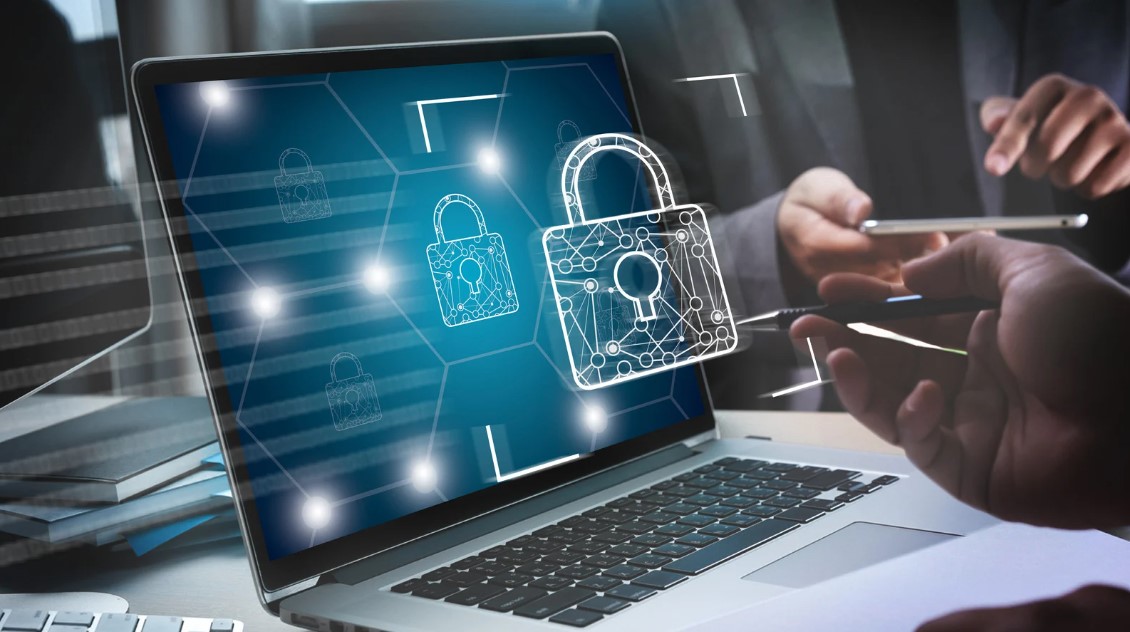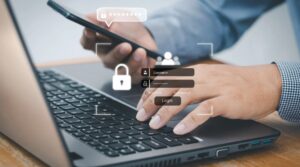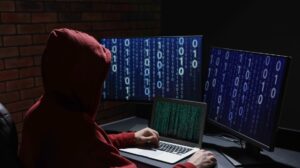
Essential Cybersecurity Strategies for Freelancers in 2024
While the independence of freelancers, how they work from home and set their schedules, is alluring, it exposes them more to cyber threats.
Apart from a lack of corporate security teams, freelancing shifts the burden squarely onto the shoulders of the freelancers themselves when it comes to securing data, devices, and client information.
In 2024, increased sophistication in cyber-attacks mandates revisiting key cybersecurity strategies in each freelancer’s practice. They might handle sensitive client information, such as personal information, financial data, or even proprietary materials.
In the event of a security breach, loss of reputation, lawsuits, financial or disruption of work schedules may occur. It is, therefore, relevant to keep pace with the emerging cyber threats.
Essential Cybersecurity Strategies for Freelancers in 2024
Use Strong Passwords and Multi-Factor Authentication (MFA)

Using the same password for different platforms makes you an easy target because, when hackers get through the cracking of one account, they easily get into others.
The creation of passwords should at least be 12 characters in length; let them contain uppercase and lowercase letters, numbers, and symbols.
However, even the best passwords cannot fully protect against determined attackers. MFA adds an additional layer of verification, in addition to password authentication, such as a code sent via SMS or by in-app authentication, before access is granted.
For more helpful tips on how to protect your accounts, check some useful insights with regard to password safety and MFA at the Guardio cybersecurity blog.
Secure Your Devices with Encryption
As a freelancer, devices are your lifeline: laptops, smartphones, tablets, and the like. Encryption of data on these devices ensures that, even in cases of loss or theft, sensitive information remains safe.
Device encryption does this by scrambling your data in a way that makes it unreadable to any person not having the required decryption key.
Most modern devices have options for encryption. Windows has BitLocker; macOS offers FileVault. Be sure to turn these encryption tools on and always keep your software up to date to patch potential vulnerabilities.
Backup Your Data Regularly
Such data loss would be disastrous for a freelancer whose business and livelihood depend on just those files and records. Whatever the reason, it is hardware failure, accidental deletion, or even a ransomware attack, crucial documents disrupt your workflow and hurt your reputation. The regular backup of data is important.
Backups could easily be created through cloud storage services such as Google Drive, Dropbox, or OneDrive; the files could be set up to automatically back up. However, wisdom would also dictate keeping an offline backup on an external hard drive or on a secure server.
Be Wary of Phishing Attacks

The most prevalent way through which cybercriminals get personal data or login credentials is through phishing attacks. These come through emails, messages, and, in many cases, even calls impersonating your bank, a client, or a trusted service provider.
Phishing attempts may look so genuine; their objective is to make you fall into the trap of clicking on some malicious link or downloading harmful files.
Freelancers should remain vigilant and develop a habit of scrutinizing emails before opening attachments or clicking links. Hover over links to see whether they actually go to the expected website, and if suspicious website, send an email to the sender to confirm if it is really them.
Use a Virtual Private Network (VPN)
Since they work remotely, freelancers commonly use public Wi-Fi networks at their local coffee shop, airport, or co-working space. While convenient, public networks are notoriously insecure and leave you open to cyberattacks like man-in-the-middle attacks, whereby hackers intercept your internet traffic. To protect your online activity, seek out and implement a Virtual Private Network or VPN.
A VPN encrypts your internet connection, protecting you even when surfing on unsecured networks. Many services offering VPN are available, and they offer protection at affordable rates fact important to freelancers who usually work on the go.
Install and Update Antivirus Software
Antivirus software is the most important tool for freelancers. Antivirus software can detect, block, and remove malware before it infects your system. However, antivirus software protects your computer only if it is regularly updated.
As cybercriminals develop new malware daily, regular software updates are crucial for maintaining effective protection. Set your antivirus to scan the system periodically for abnormal files and activities.
Wrapping Up
In the fast-paced and often unpredictable world of freelancing, it’s paramount to keep cybersecurity at the forefront. Basic precautions such as securing devices through using strong passwords, enabling multi-factor authentication, and employing a VPN are part of the most fundamental things in securing personal data and information about clients.
Going into the year 2024, vigilance against an ever-changing cyber threat will be key to continuously maintaining a successful and secure freelance career.
By implementing these must-implement strategies, freelancers can focus on doing what they do best while minimizing the risk of a cyberattack.
Author Profile

- Blogger by Passion | Contributor to many Business and Marketing Blogs in the United Kingdom | Fascinated with SEO and digital marketing and latest tech innovations |
Latest entries
 Digital MarketingApril 11, 2025Digital Marketing Tactics That Generated £1M in Revenue for UK Retailers
Digital MarketingApril 11, 2025Digital Marketing Tactics That Generated £1M in Revenue for UK Retailers Web DesignApril 11, 2025UK Digital Trends: Top Website Building Solutions for 2025
Web DesignApril 11, 2025UK Digital Trends: Top Website Building Solutions for 2025 TechnologyMarch 31, 2025The Future of Text-to-Speech: Transforming Communication in Healthcare
TechnologyMarch 31, 2025The Future of Text-to-Speech: Transforming Communication in Healthcare TechnologyMarch 28, 2025Top-Rated Tools Every Modern Recruiter Needs in Their Toolkit
TechnologyMarch 28, 2025Top-Rated Tools Every Modern Recruiter Needs in Their Toolkit

